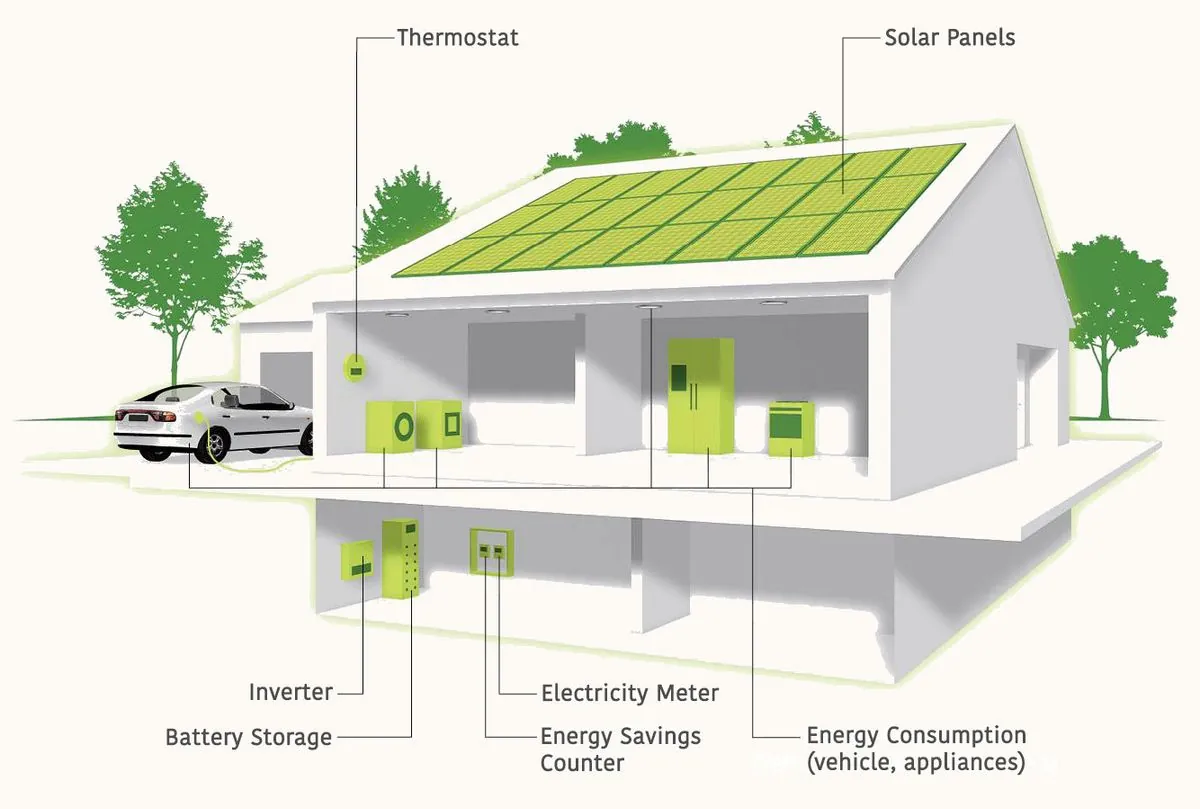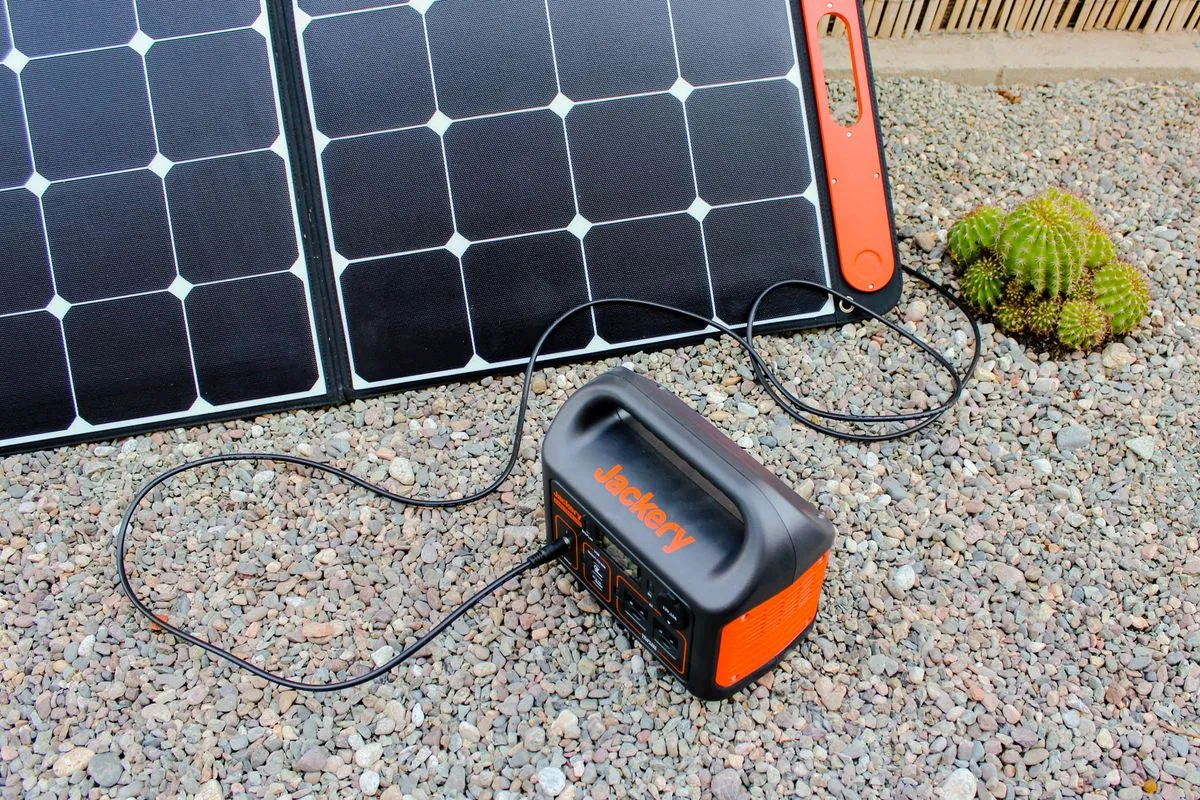Clean Power Backup Solutions Gain Traction Amid Rising Outages
As climate change intensifies power disruptions, Americans seek cleaner alternatives to traditional generators. Solar-plus-battery systems and portable power stations emerge as popular choices for maintaining electricity during emergencies.

In the face of increasing power outages across the United States, homeowners are turning to cleaner alternatives for backup power. This shift comes as climate change and an aging infrastructure contribute to more frequent disruptions in electricity supply.
Kenna Ofoegbu, a software engineer from Houston, Texas, exemplifies this trend. After experiencing three power outages in just two and a half months, with one lasting three days, Ofoegbu and his family resorted to staying in a hotel to maintain internet connectivity for work. This experience led them to invest in a generator, costing $2,300 including installation.
However, the use of traditional generators burning propane or gasoline raises concerns about air quality and climate impact. This has prompted many, including Ofoegbu, to explore cleaner alternatives.

One popular solution is the installation of battery arrays in homes. In California, over half of rooftop solar buyers now opt for battery storage systems. Nationally, the adoption of solar-plus-battery systems has seen a significant increase, with 27% of new home solar installations expected to include storage this year, nearly doubling from 14% last year.
These systems, while expensive, have become more accessible due to falling prices and government incentives. The average cost of home solar panel systems in the U.S. has decreased by approximately 70% since 2010, making this technology increasingly viable for homeowners.
Portable "solar generators" and power stations are also gaining popularity. These devices, which store energy rather than generate it, allow users to prioritize essential appliances during outages. Companies like Yeti, Bluetti, and Jackery offer these power stations, which can run refrigerators, medical devices, or personal electronics for extended periods.
"A lot of people start with a power station of that size, and they might use it for camping, they might use it for recreation, tailgating. I could plug probably a couple of deep freezers and a refrigerator into this, and it would run it for a day plus."
The demand for backup power solutions is growing as climate change intensifies. According to the Energy Information Administration, the average person in the U.S. experienced 16% more disruptions in 2022 compared to 2013, with outages lasting an average of four hours, one hour longer than in 2013.
Jason Benedict, an accountant who moved to Berkley, Michigan, in 2020, experienced the impact of severe weather on power supply firsthand. After enduring multiple outages, including a five-day blackout during ice storms in February 2022, Benedict invested $25,000 in a rooftop solar system with a Tesla Powerwall battery.
While traditional generators remain popular due to their cost-effectiveness and robustness, they contribute to air pollution and climate change. Diesel generators emit harmful particles and nitrogen oxides, which can trigger asthma and worsen air quality, especially during heat waves when demand for air conditioning is high.
As the U.S. electric grid, composed of about 7,300 power plants and 160,000 miles of high-voltage power lines, faces increasing challenges, the shift towards cleaner backup power solutions represents a growing trend in energy resilience and environmental consciousness.


































